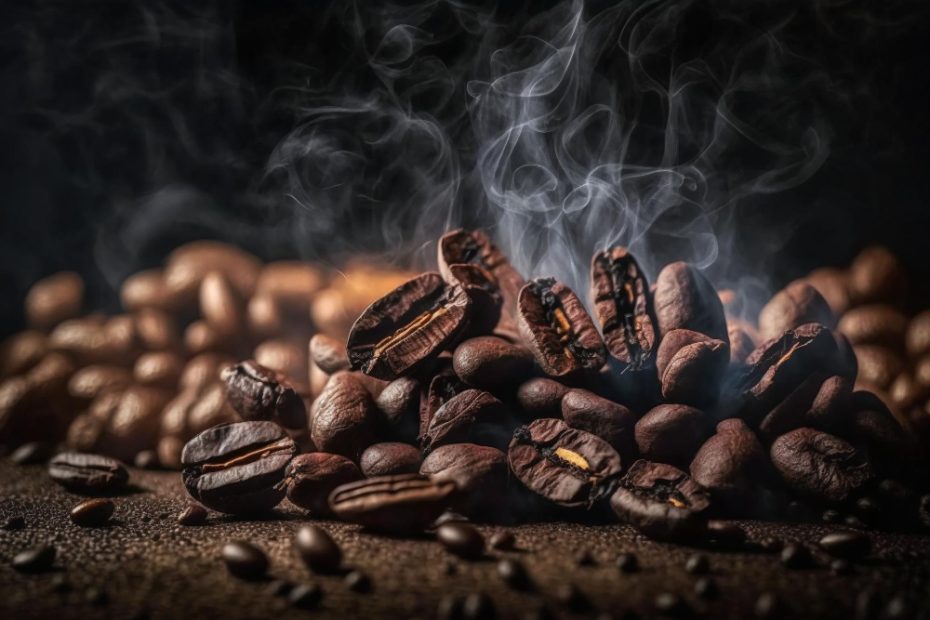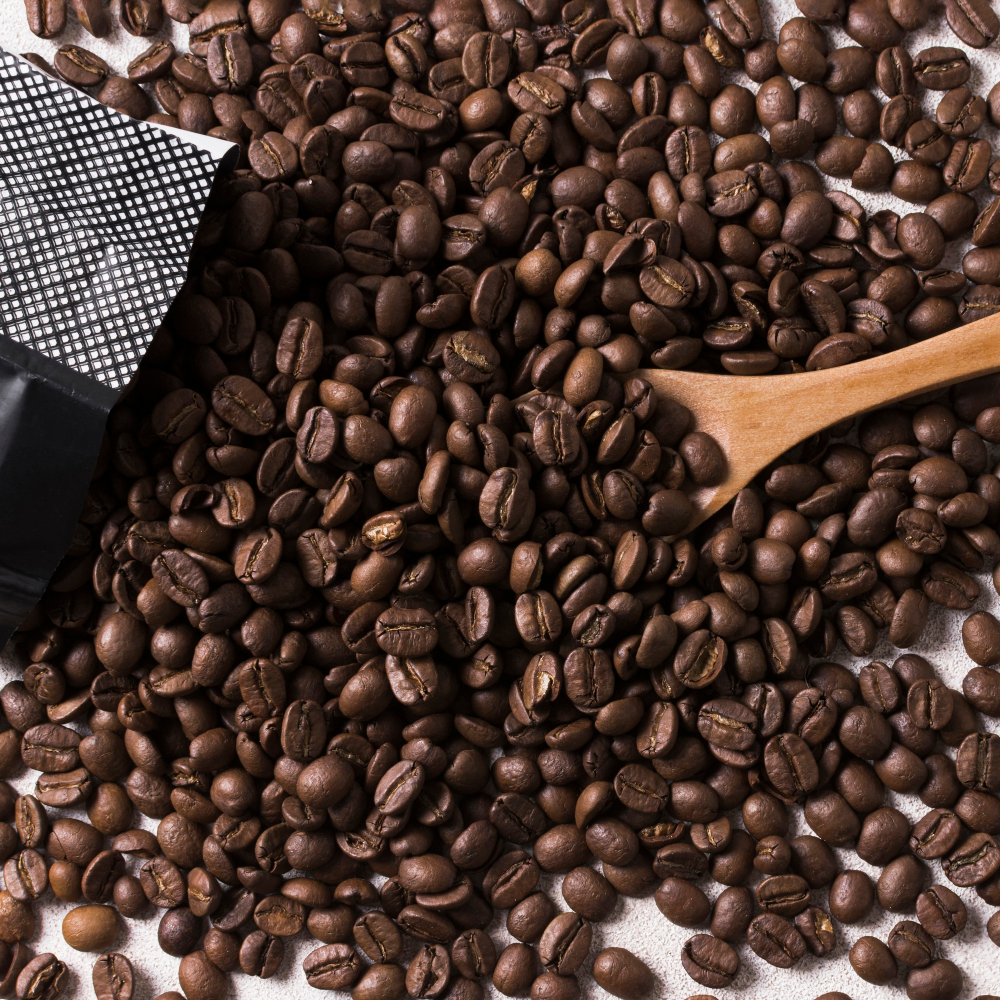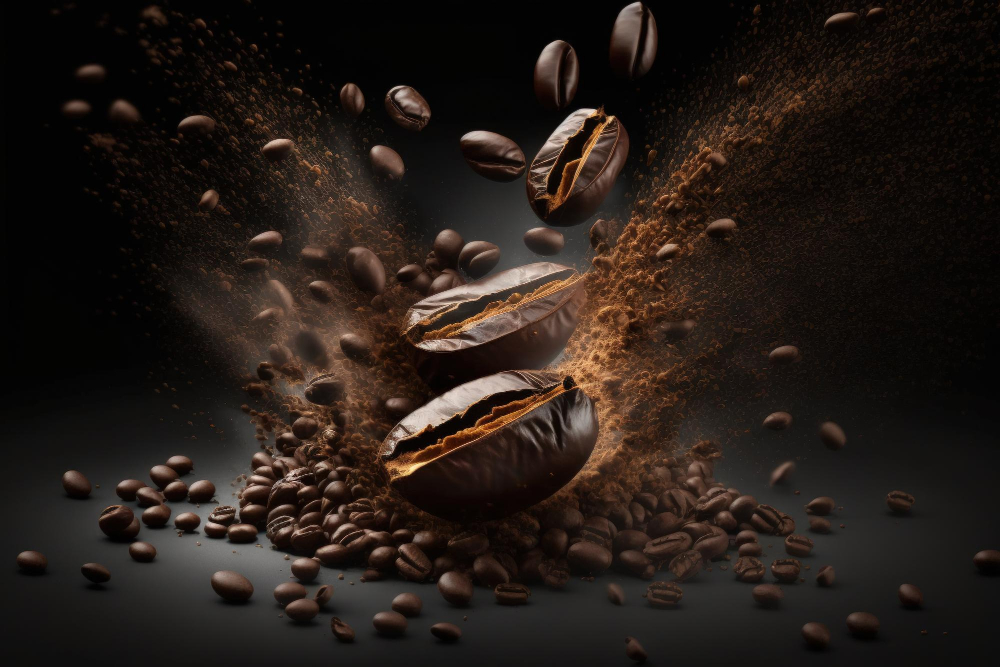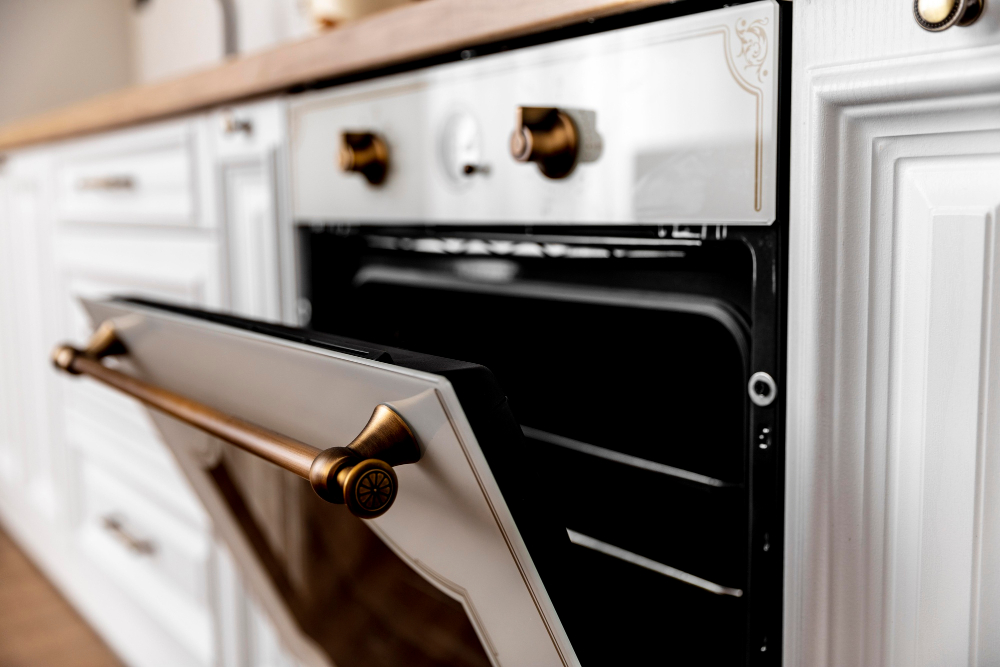Understanding Weak Roasted Coffee
Coffee is a staple in the United Kingdom, with millions savouring its rich aroma and invigorating taste daily. But there’s a lingering question for some coffee aficionados: Why is my roasted coffee weak?. While there might be multiple reasons, understanding the intricacies of the roasting process, along with other related factors, can help us pinpoint the reasons and enhance our coffee experience.
Can you drink coffee that was just roasted?
It’s a common misconception that freshly roasted coffee beans are the best for brewing. In reality, freshly roasted beans need to degas for a period before they reach their optimal flavour.
“Freshly roasted beans contain carbon dioxide that needs to be released. This process, known as degassing, can affect the strength and flavour of your coffee.”
If you grind and brew coffee immediately after roasting, you might not get the robust flavour you expect. Instead, you’d get a flat and weak taste. For best results, it’s advisable to let roasted coffee beans sit for 24 to 48 hours before brewing.
Is slow roasted coffee better?
The roasting method can play a significant role in the flavour and strength of your coffee. Slow roasting, as the name suggests, means the beans are roasted at a lower temperature for a longer period.
- Flavour Development: Slow roasting allows for a more even development of flavours. This method can highlight the bean’s unique characteristics, making for a more nuanced cup.
- Acidity and Strength: Slow roasted beans generally have a lower acidity and a more developed profile, which can lead to a stronger tasting coffee.
- Reduced Bitterness: Faster roasting can sometimes burn the beans, leading to a bitter taste. Slow roasting minimises this risk.
While many argue that slow roasted coffee offers a better flavour profile, it’s essential to note that individual preferences play a significant role. What’s weak or strong to one person might be perfect for another.
Other Factors Influencing Coffee Strength
Grinding
The grind size of your coffee beans can directly influence the strength of your brew. A coarse grind might result in under-extraction, leading to a weaker cup, while a fine grind can lead to over-extraction and a bitter taste.
Brewing Method
Not all brewing methods are equal when it comes to extracting flavour from coffee beans. For instance, an espresso requires a fine grind and a short brewing time, while a French press works best with coarser grinds and longer steeping periods.
Water Temperature
The temperature of the water used for brewing can significantly affect the extraction process. Using water that’s too hot can lead to over-extraction, while water that’s too cool might not extract enough flavour, leading to a weak cup.
Bean Quality
Finally, the quality of the beans you’re using plays a pivotal role. Fresh, high-quality beans, sourced from reputable suppliers, will always provide a richer, more flavourful cup compared to stale or low-quality beans.
Conclusion
The strength and flavour of your coffee depend on a combination of factors: the roasting process, brewing method, grind size, water temperature, and bean quality. Understanding these elements and adjusting them to your taste preferences will ensure you get the perfect cup every time.



